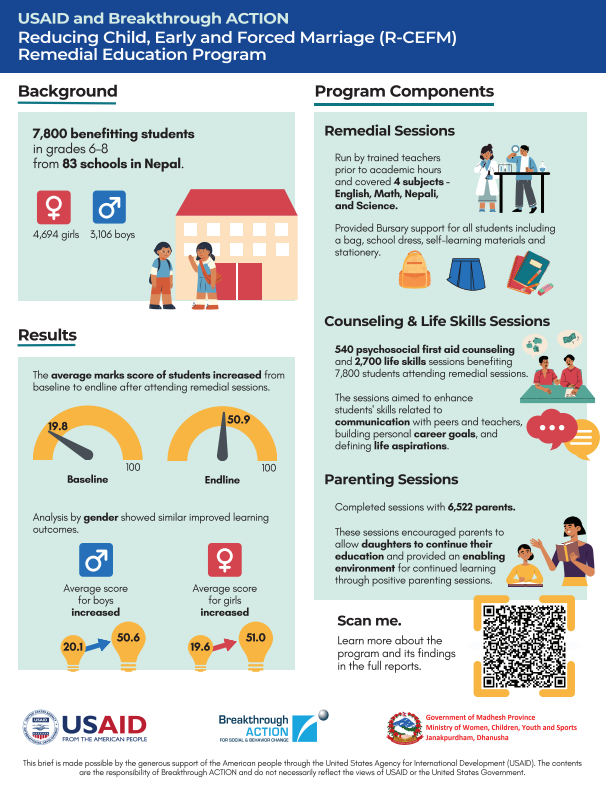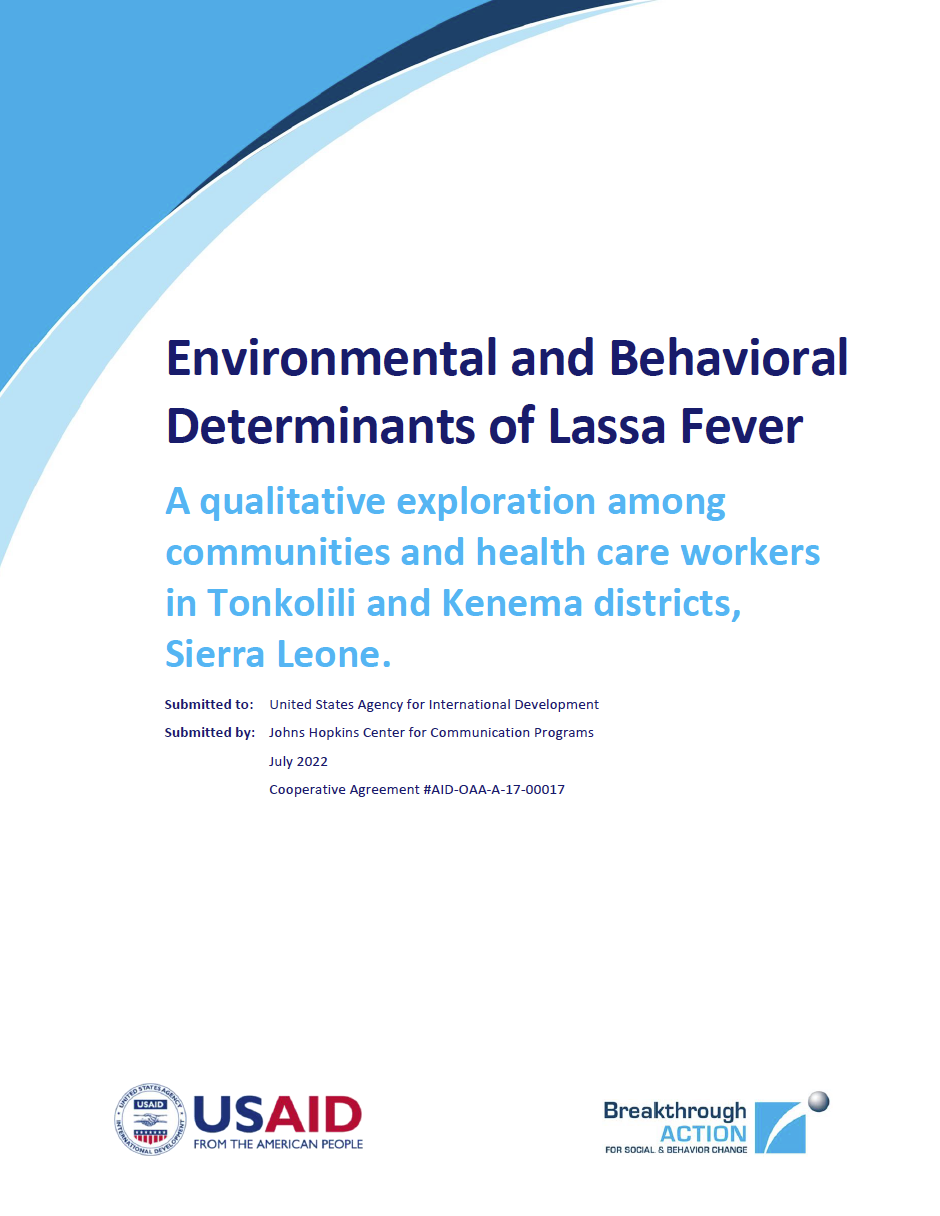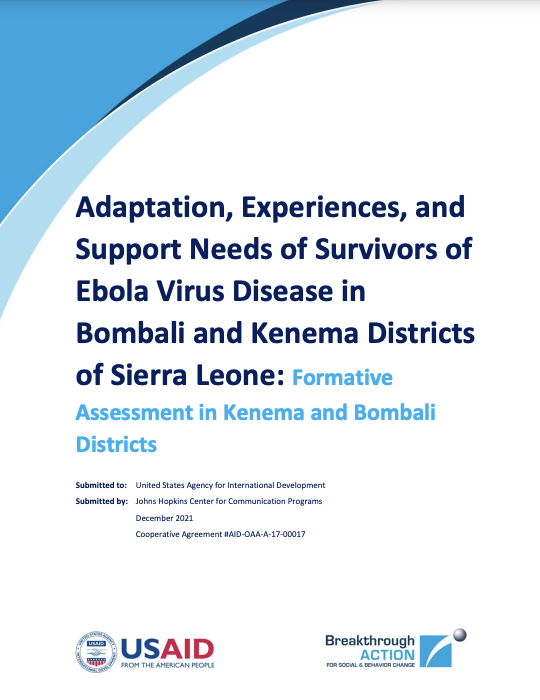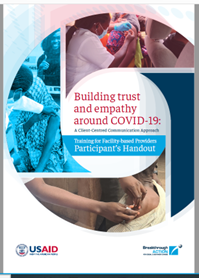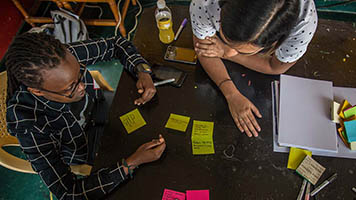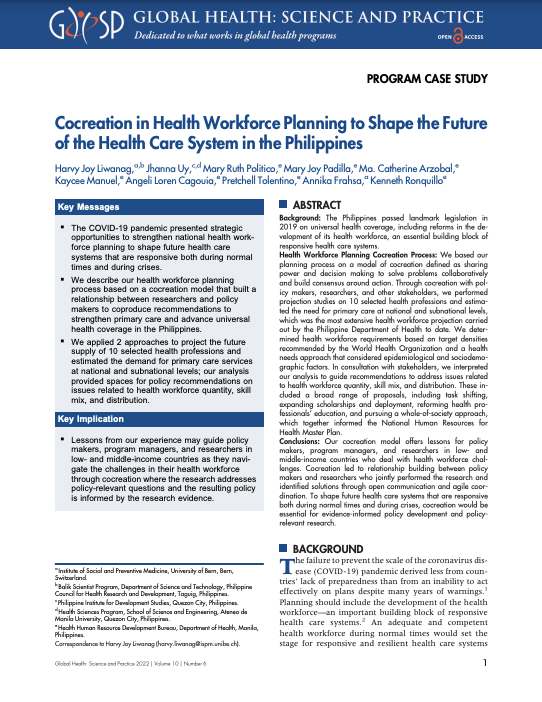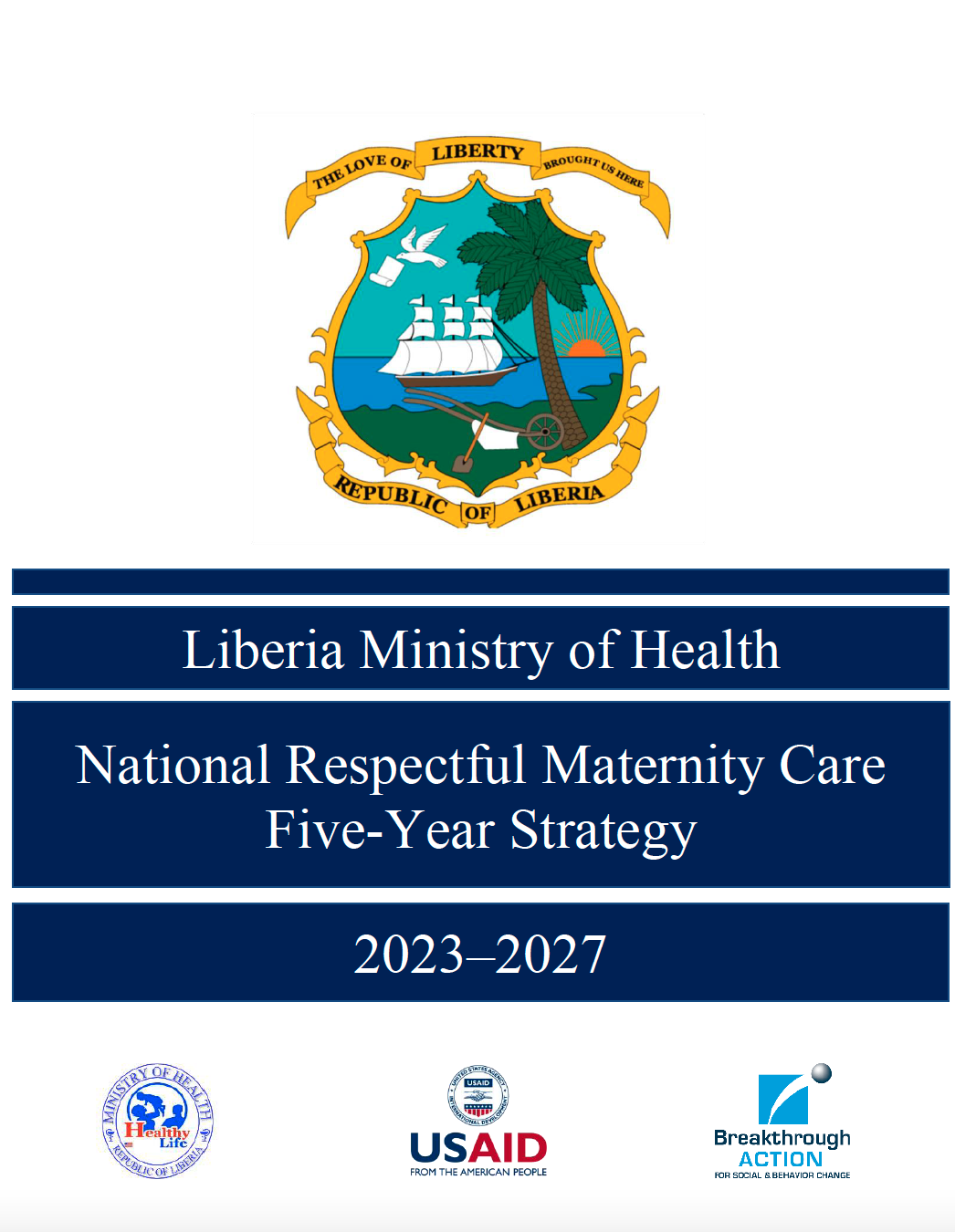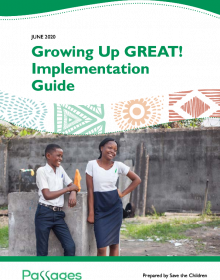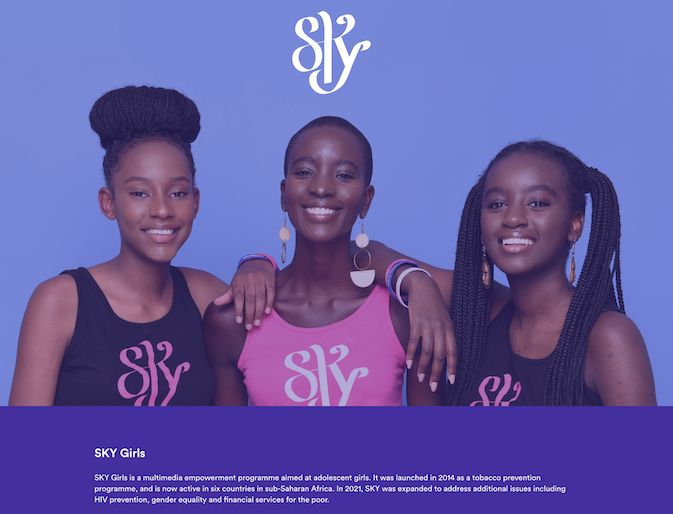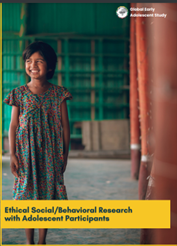USAID and Breakthrough ACTION R-CEFM Remedial Education Program Learning Documents
The United States Agency for International Development (USAID) and Breakthrough ACTION Nepal’s Reducing Child, Early and Forced Marriage (Nepal R-CEFM) Project aims to strengthen the institutional and technical capacity of the Government of Nepal (GON). The project operates in Madhesh Province to design, implement, monitor, evaluate, and coordinate effective social and behavior change (SBC) activities and child protection (CP) system strengthening for reducing CEFM through a community-based, multi-sectoral, data-driven lens.
The following documents focus on R-CEFM project activities designed to increase learning outcomes for adolescent girls (with the inclusion of boys) through non-formal education.
- Remedial Education Program Learning in brief
- Remedial Education Program Infographic
- Quantitative Endline Assessment Report: Baseline and Endline Scores
- Qualitative Learning Documentation Report: Remedial Education Classes and Non-formal Approaches Used to Improve Learning Outcomes for Adolescent Girls (with the Inclusion of Boys) in Nepal
- Findings from a Most Significant Change assessment following the R-CEFM Project’s remedial education program
- Remedial Education Program Presentation
Source: Breakthrough ACTION/Johns Hopkins Center for Communication Programs
Date of Publication: February 8, 2023

